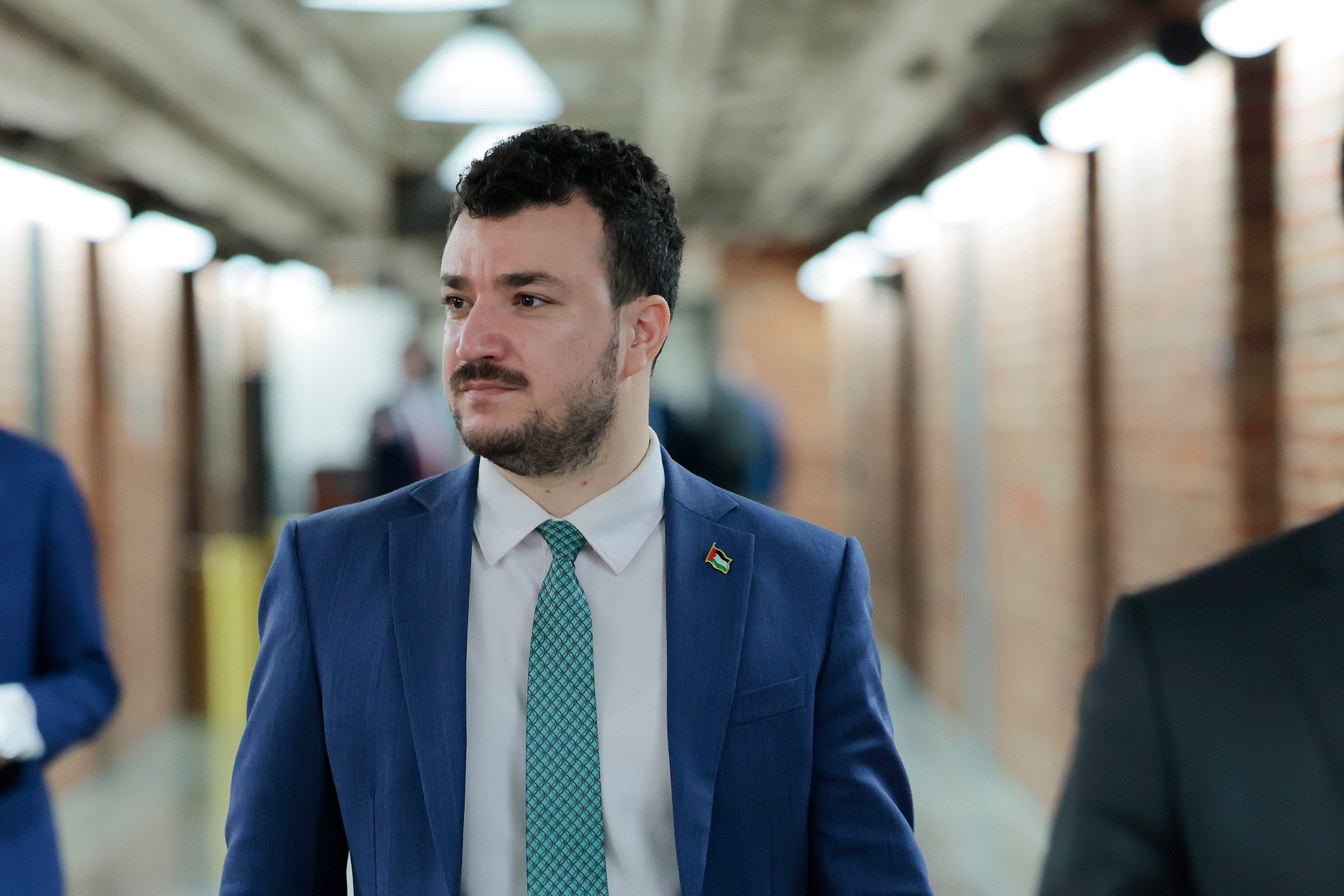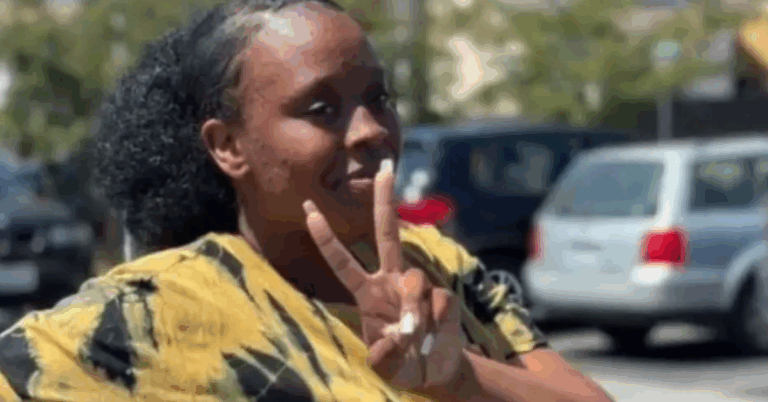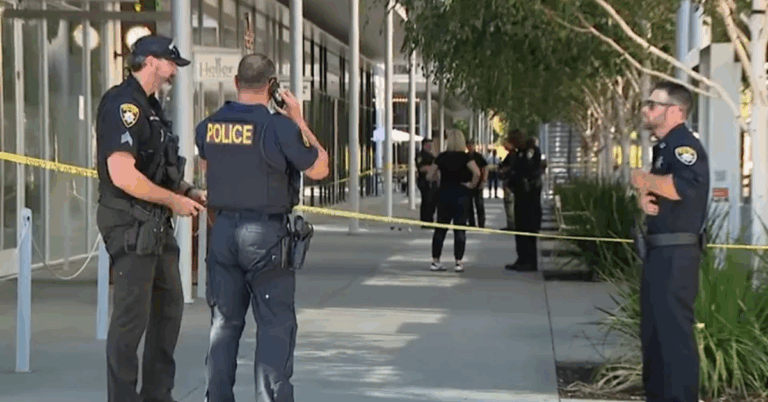
An important legal decision has been made involving Mahmoud Khalil, a well-known Columbia activist. A judge recently ordered that Khalil be deported either to Algeria or Syria, two countries that have been central to his case. This ruling has raised many concerns about his safety and future, especially among human rights groups and supporters of Khalil.
The story of Mahmoud Khalil has attracted attention worldwide due to his activism and the complicated political backgrounds of both Algeria and Syria. His deportation decision has stirred debates on immigration policies, asylum rights, and the treatment of activists. Let’s take a closer look at the details of this case and what it might mean going forward.
Who Is Mahmoud Khalil?
Mahmoud Khalil is an activist recognized for his efforts in speaking out against injustice and promoting human rights. He has been active in various advocacy roles, focusing on the conditions in Algeria and Syria, countries that have both experienced significant turmoil and conflict over the past decades.
His activism has led to challenges within the United States, where he has sought refuge. His supporters argue that deporting Khalil to Algeria or Syria could put him at risk due to political repression and ongoing violence in these regions.
The Judge’s Deportation Order Explained
The judge’s order to deport Mahmoud Khalil means that he must leave the United States and go back to either Algeria or Syria. This decision was reached after a legal process examining his immigration status and the laws surrounding deportation. According to the U.S. Department of Justice, such rulings are based on whether the deportee poses a threat to public safety or if legal protections apply.
Many lawyers and human rights advocates believe that Khalil’s deportation could be harmful, citing concerns around possible persecution if he returns. Despite these fears, the judge’s order stands unless overturned by a higher court. Sources like Human Rights Watch highlight the risks faced by activists sent back to countries with poor human rights records.
What Are the Conditions in Algeria and Syria?
Both Algeria and Syria have histories of political instability and human rights challenges. Algeria has faced issues related to government repression, especially against political activists. Syria, meanwhile, has been embroiled in a civil war for over a decade, causing widespread violence and displacement.
The United Nations has repeatedly warned about the dangers faced by people returning to Syria, where conflict zones still exist and many activists continue to be targeted. The situation in Algeria is also problematic, with reports of crackdowns on dissent. These realities make the deportation order particularly controversial. For more information, see UN Human Rights Reports.
Reactions from Supporters and Human Rights Groups
Many human rights organizations and activists have expressed concern over the deportation ruling. They argue that sending Mahmoud Khalil back to Algeria or Syria could expose him to persecution, torture, or arbitrary detention. These groups are calling for his legal rights to be protected and for international laws on asylum and human rights to be respected.
Protests have been organized, and legal appeals are underway. Advocates emphasize the importance of safeguarding individuals who risk their lives to fight for justice. They also warn of the broader implications this deportation could have for other activists living in exile.
What Happens Next in Mahmoud Khalil’s Case?
The deportation order can still be challenged in higher courts, where lawyers may argue for Khalil’s protection under asylum laws. The legal process might take months or even years, depending on appeals and government actions. Meanwhile, Khalil remains under close watch as his supporters continue to rally for his cause.
This case brings attention to the complex issues surrounding immigration, asylum, and human rights for activists from conflict zones. It also raises questions about how countries balance national laws with international protections.
Why This Case Matters to Young People Worldwide
For young readers, Mahmoud Khalil’s case is a reminder of the power and risks involved in activism. It highlights the challenges faced by those who stand up for change in difficult environments. Understanding these issues encourages global awareness and empathy.
As young people increasingly engage with social and political causes, cases like this underline the importance of protecting human rights and the rule of law. Staying informed and supporting international justice efforts can help create a safer world for activists everywhere.









